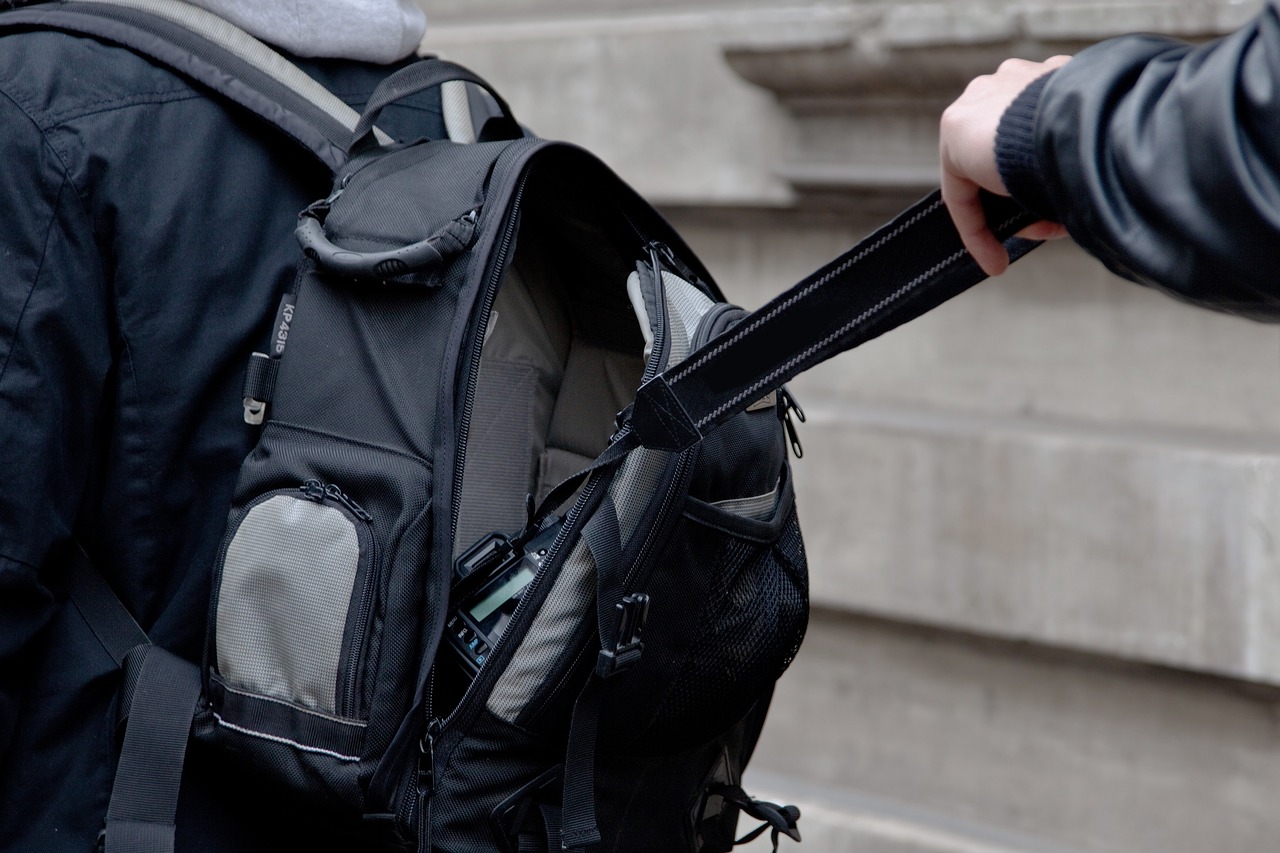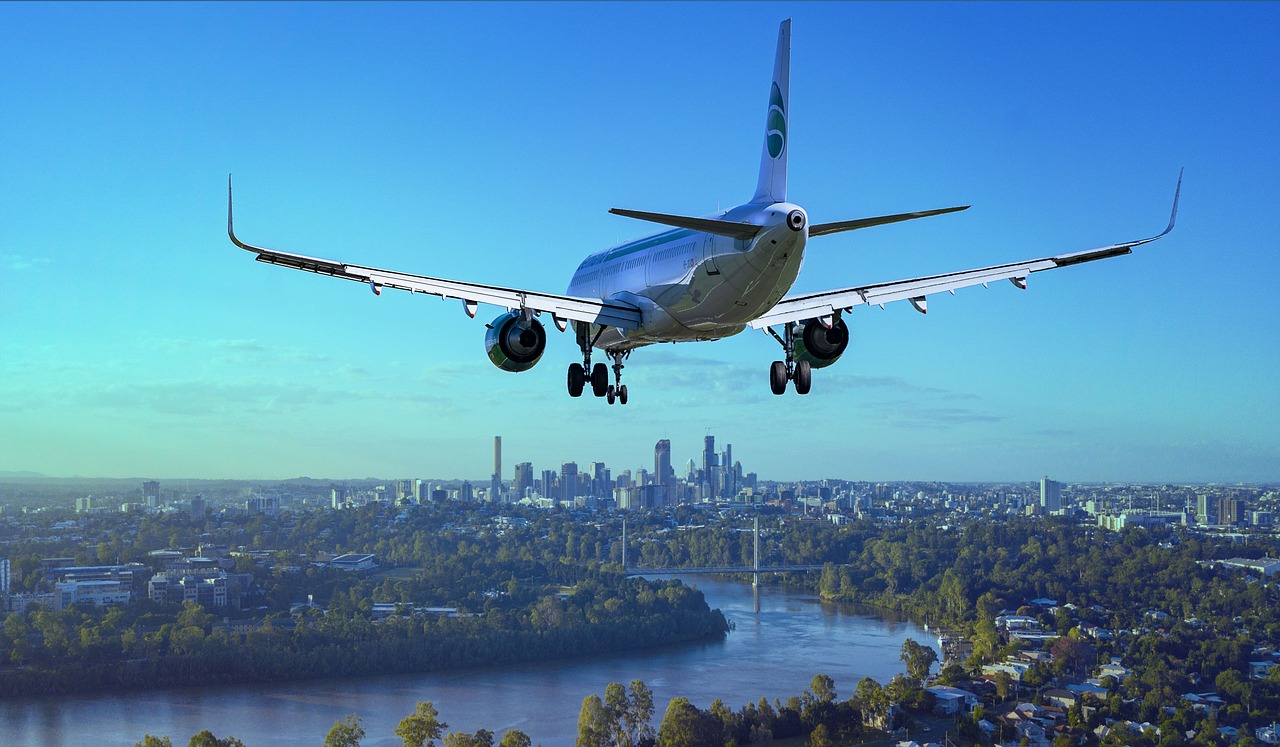Traveling can be an enriching and rewarding experience, but it also comes with risks. From pickpockets to accidents, and health concerns to natural disasters, there are plenty of potential hazards that can turn your dream vacation into a nightmare. Fortunately, by taking certain precautions and being aware of your surroundings, you can minimize these risks and enjoy a safer, more fulfilling trip. In this article, we’ll explore the most important steps to take in order to stay safe while traveling, so you can focus on making memories and exploring the world.
- Research your destination:
Before you embark on your journey, it’s essential to learn about your destination’s safety situation. This includes researching crime rates, political stability, and potential health risks. Check the U.S. Department of State’s travel advisories or your country’s equivalent for up-to-date information on potential risks and warnings. Additionally, research local customs and etiquette to avoid unintentionally offending someone or breaking local laws.
- Secure your travel documents:
Keep your travel documents, including your passport, driver’s license, and any visas, secure at all times. Make photocopies or take digital photos of your documents, and store them in a secure place, like a password-protected folder or cloud storage. This will make it easier to obtain replacements if they’re lost or stolen. Avoid carrying all of your documents with you at all times; instead, leave them in a safe place like a hotel safe.
- Safeguard your belongings:
To protect your belongings from theft, invest in quality luggage locks and consider using a money belt or hidden pouch to store your cash and cards. Avoid flashing expensive items, like jewelry or electronics, as this can make you a target for theft. When possible, leave your valuables in your accommodations’ safe, and only carry what you need for the day. If you must carry important items, use a slash-proof bag with lockable zippers and keep it close to your body.
- Blend in with the locals:
Standing out as a tourist can make you more vulnerable to scams and theft. To blend in with the local population, dress modestly and avoid wearing clothing with obvious logos or phrases that identify you as a foreigner. Observe and mimic local customs and etiquette to minimize unwanted attention. Furthermore, try to learn a few basic phrases in the local language, as this can help you communicate better and show respect for the local culture.
- Maintain situational awareness:
Always be aware of your surroundings and trust your instincts. If something feels off or unsafe, remove yourself from the situation. Avoid wearing headphones or staring at your phone while walking, as this can distract you and make you an easier target. In crowded areas, be especially vigilant for pickpockets and keep a close eye on your belongings.
- Practice safe transportation:
When using public transportation, opt for reputable providers and avoid overcrowded or poorly maintained vehicles. If possible, travel during daylight hours and avoid traveling alone at night. When taking taxis, use only registered, licensed taxis or rideshare services like Uber or Lyft. Avoid accepting rides from strangers or unofficial taxi services. Additionally, if you’re driving in a foreign country, familiarize yourself with local traffic laws and driving customs.
- Prioritize personal safety:
To ensure your personal safety, avoid walking alone at night, especially in unfamiliar areas. Stick to well-lit, populated streets, and always let someone know your plans, including your expected return time. Be cautious when accepting invitations from strangers and avoid sharing too much personal information. Moreover, always carry a fully charged phone with emergency numbers programmed in, and consider downloading a personal safety app that can share your location with trusted contacts or alert local authorities if necessary.
- Stay healthy:
Before departing, visit a travel clinic or consult with your healthcare provider to discuss any necessary vaccinations or medications for your destination. Pack a basic travel health kit with items like pain relievers, band-aids, and any required prescription medications. While traveling, practice good hygiene, like frequent hand washing and using hand sanitizer. Be cautious about food and water safety – stick to bottled or purified water, and avoid consuming raw or undercooked food, particularly in areas with questionable sanitation.
- Be prepared for emergencies:
Familiarize yourself with local emergency procedures, such as the location of the nearest hospital or embassy. Keep a list of emergency contacts, including your home country’s embassy or consulate, local police, and emergency medical services. In the event of a natural disaster or other emergency, follow the instructions of local authorities and stay informed through reliable sources, like government agencies or reputable news outlets.
- Purchase travel insurance:
Investing in comprehensive travel insurance can provide financial protection and peace of mind in case of emergencies. Choose a policy that covers medical expenses, trip cancellations, lost luggage, and other potential issues. Carefully review your policy to ensure it meets your needs and be sure to carry a copy of your insurance information with you at all times.
Conclusion:
Traveling can be a life-changing experience, but it’s crucial to prioritize safety to minimize risks and potential issues. By researching your destination, securing your belongings, practicing situational awareness, and taking other necessary precautions, you can maximize your safety while exploring the world. Remember that the key to staying safe while traveling is preparation, vigilance, and adaptability. With these tips in mind, you’ll be well-equipped to handle any challenges that may arise during your journey, allowing you to fully immerse yourself in the rich experiences that travel has to offer. Stay safe, and happy travels!



